
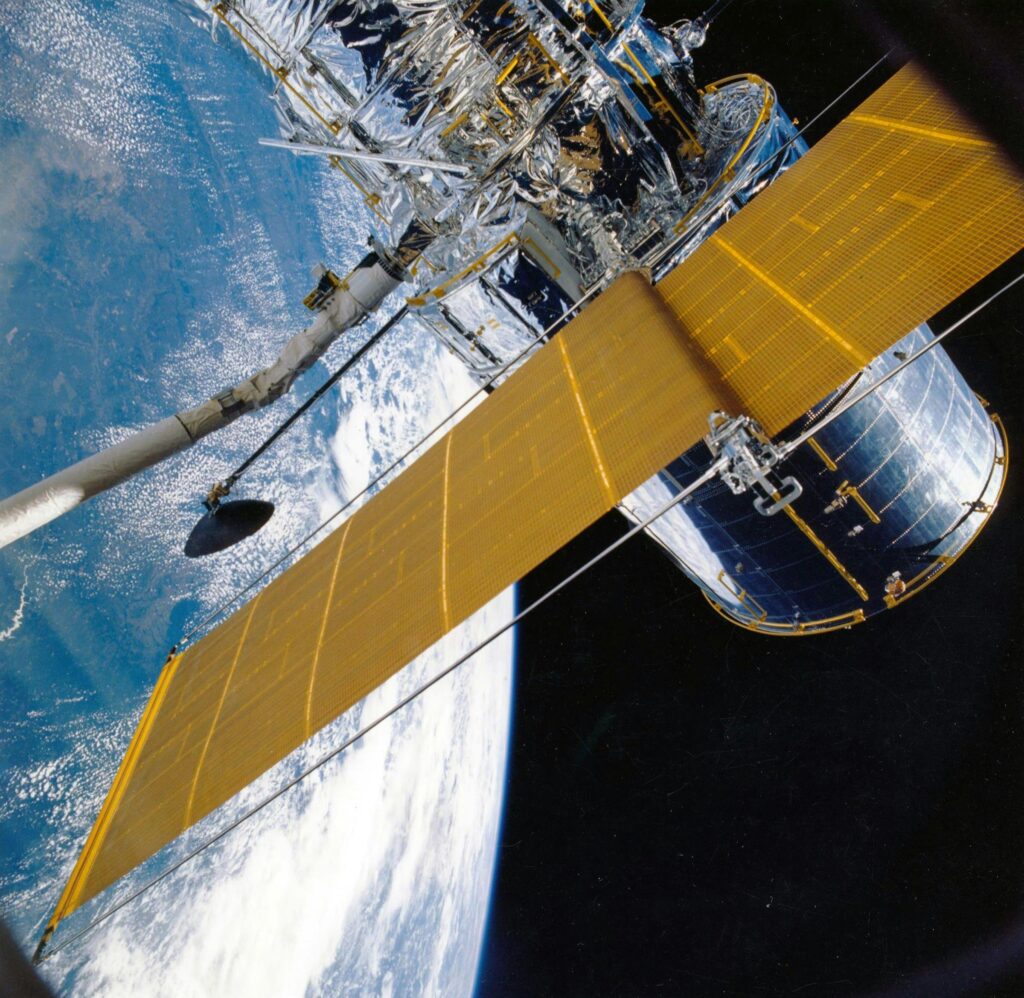
The University of Technology (UTech) hosted a compelling virtual symposium on advancing a Caribbean space agenda on June 5, in partnership with the Caribbean Futures Forum.
The event brought together leading regional and international experts to explore the transformative potential of space technologies in addressing development challenges and achieving sustainable development goals.
The symposium emphasised the pressing need for Caribbean nations to move beyond being passive consumers of technology and instead become active contributors to the global space economy.
UTech president Dr Kevin Brown, in his welcome address, highlighted the timeliness of the symposium, which coincided with United Nations World Environment Day.
He noted that the forum provided “a unique moment to not only reflect on the urgent environmental challenges facing our planet, but also on the extraordinary possibilities that lie ahead in terms of using space as a platform for resolving some of these challenges.”

As Jamaica’s national STEM university with a strong research mandate, Brown stated that UTech is “keen on leading research and understanding the collective roles we in the Caribbean must play to ensure that we are not merely bystanders in the global space economy, but active architects of the future.”
Brown, a former aerospace engineer with Rolls-Royce for over a decade, drawing on his background in the global aerospace industry, underscored the need for the Caribbean to take its place as an innovator in the space economy.
He called for Caribbean nations to “join in the space race” to solve societal problems, emphasising that space technologies can be leveraged to tackle issues like climate change, increasing hurricane activity, food security, and urban planning.
Stressing that this is a regional, not just a national imperative, Dr Brown shared, “When we’re united, we’re stronger; when we share resources, we get things done.”
Dr Kirkland Rowe, senior lecturer at the School of Engineering and chairman of the symposium’s planning committee, provided an overview of the Sustainable Futures Symposium. He described the event as a significant “moment in the growing regional conversation on how the Caribbean can meaningfully participate in the global space ecosystem.”
He reiterated that the space agenda is about creating tangible, ground-level opportunities for the Caribbean in areas such as climate resilience, disaster preparedness, STEM education, communication, and economic development.
Caribbean space visionary Dr Claire Nelson calls for sovereignty and inclusivity in the future of outer space.

Does the Caribbean need a space agenda?
Dr. Nelson began her presentation by reflecting on the critical question that sparked her journey into space advocacy: How do we share the future? Expressing deep concern over humanity’s trajectory toward “overshoot” and exceeding the planet’s safe boundaries, she highlighted outer space as a strategic frontier not for colonisation or exploitation but for “sustainability, resilience, and sovereignty.”
Why the urgency for SIDS?
Focusing on the unique challenges faced by small island developing states (SIDS) like those in the Caribbean, Nelson underscored how space technologies underpin critical sectors, including hurricane forecasting, disaster response, and enlarging the blue economy and the sustainable use of ocean resources. She explained that SIDS nations often lack sovereign infrastructure or cloud hosting capacity, with most of their data stored on foreign-owned servers or collected by international satellites. This makes data sovereignty crucial for effective disaster resilience planning, blue economy governance, health systems modernisation, and the decolonisation of digital development.
Why a space agenda matters for the Caribbean
Tracing the Caribbean’s early involvement in space, Nelson pointed to initiatives such as Barbados’ participation in the 1962 Project HARP (High Altitude Research Programme) and recent steps toward regional cooperation through the establishment of the Latin America and Caribbean Space Society in 2021.
With privatisation and commercialisation accelerating, Dr. Nelson emphasised the critical need for Caribbean nations to build sovereign capacity in satellite technology, data management, cybersecurity, and space law to avoid dependence on external powers. She called for regional collaboration to develop policies, legal frameworks, and infrastructure that support resilience, innovation, and ethical governance.

“Inclusion in the new space economy helps build resilience, digital equity and sovereignty,” said Dr Nelson.
“We want to ensure that as AI becomes more and more involved in these systems, that we ensure that there’s cultural and ethical sovereignty that we can involve in the processes of designing the rules and the norms that shape the global ecosystem and how space data is used,” she added.
Addressing the ongoing race to establish lunar settlements, Dr Nelson warned against the Moon becoming a playground for the ultra-rich and stressed the need for equitable governance to preserve cultural heritage and planetary protection. She urged SIDS to unite through platforms like the Alliance of Small Island States, “to support a lunar commons framework to ensure we have literacy.”
Dr Nelson affirmed the “fierce urgency of now” for the Caribbean to claim its rightful place in the space domain.
“The sky is not the limit, it’s simply just the starting point,” she declared. “We must not wait to be invited to the table of nations; we must indeed create our own table and bring up our own chair.”

In his concluding remarks, the Utech president stated, “We need greater partnership, and we need our academics here in the Caribbean to engage with the topic.”
Brown emphasised that UTech remains committed to leading discussions on the Caribbean space agenda and to collaborating with regional partners to position the Caribbean as a significant player in the emerging global space economy.
As part of its contribution to advancing the space conversation in the region, UTech says it is currently exploring the establishment of a student-led space club, as well as a Caribbean Space Research and Innovation Centre (CSRIC).


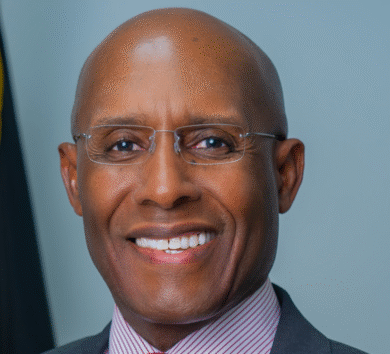

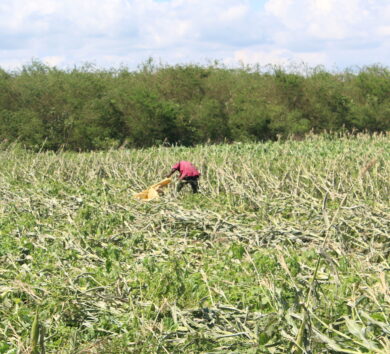
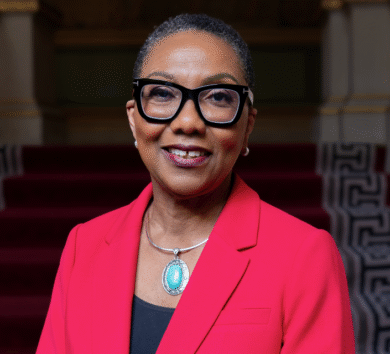
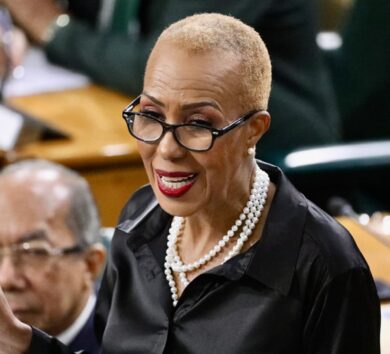
Comments